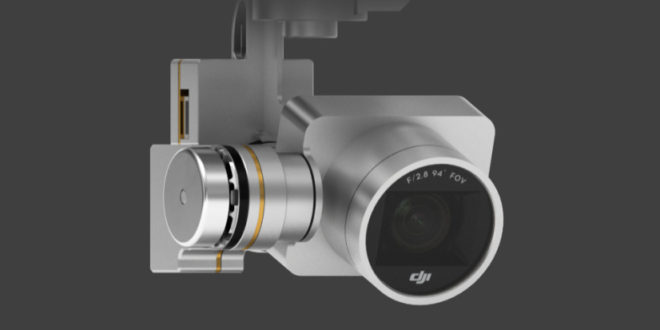Drone privateness appears to be a major concern for lawmakers, as state and native governments rush to suggest legal guidelines designed to guard residents from undesirable intrusion by drone. On a federal degree, nonetheless, the principles and obligations of a drone operator with respect to privateness might be unclear; the FAA gives “best practices” developed by the Department of Commerce, however not particular laws. Nonetheless, a few fundamental widespread sense measures needs to be ample to maintain drone operators protected from pointless harassment or accusations of invaded privateness. Know the laws; know your rights; and know how one can inform anybody who could query you.
The FAA Position on Drone Privacy Issues
The most not too long ago handed FAA Reauthorization bundle mirrored present considerations about drone privateness, calling for the FAA to analysis the difficulty over the following couple of years. But presently, the FAA takes the method that it doesn’t regulate knowledge gathered by drones, any greater than it could regulate knowledge gathered by hand-held cameras. The official place is as follows, taken from the FAA’s Fact Sheet on Part 107:
Respecting Privacy
Although the brand new rule doesn’t particularly take care of privateness points in using drones, and the FAA doesn’t regulate how UAS collect knowledge on folks or property, the FAA is appearing to handle privateness concerns on this space. The FAA strongly encourages all UAS pilots to test native and state legal guidelines earlier than gathering data by means of distant sensing know-how or images.
As a part of a privateness training marketing campaign, the company will present all drone customers with really helpful privateness tips as a part of the united statesregistration course of and by means of the FAA’s B4UFly cell app. The FAA additionally will educate all industrial drone pilots on privateness throughout their pilot certification course of; and will difficulty new steerage to native and state governments on drone privateness points. The FAA’s effort builds on the privateness “best practices” the National Telecommunications and Information Administration printed final month as the results of a year-long outreach initiative with privateness advocates and trade.
The NTIA “Best Practices”
As the FAA references the NTIA “Best Practices,” (full doc might be discovered right here) many drone operators use these as regulatory tips. Some trade stakeholders hope that by agreeing to comply with the rules, skilled operators will have the ability to keep away from the enactment of stricter laws that will restrict industrial actions. It’s essential to notice, nonetheless, that not all within the drone trade agree. The Drone Manufacturer’s Alliance -which contains DJI, GoPro, 3DR, and Parrot -refused to log out on the rules, saying that drone operators shouldn’t be topic to extra restrictive requirements than different photographers. The ACLU additionally dissented, beneath the precept that the fitting to take photos is a vital freedom.
The Best Practices are detailed – see the hyperlink above – however simply summarized. They confer with knowledge collected that could be individually identifiable, and make drone operators liable for:
- Informing anybody affected by assortment of knowledge;
- Securing any and all the knowledge;
- Limiting how collected knowledge is used and shared.
The finest practices additionally name for not gathering knowledge unnecessarily, or the place a topic has a affordable expectation of privateness: as Brian Fung of the Washington Post says: “Don’t be a jerk.”
Local Laws
Many proposals have been put forth by state and native governments designed to guard residents from undesirable intrusion by drone, however these virtually universally merely restate (or in some instances, enhance the penalties hooked up to) current legal guidelines relating to harassment, stalking or peeping toms. These laws are not typically aimed toward respectable industrial use, however are designed to additional discourage conduct that’s already in opposition to the regulation. With state and native laws in a fluid state, operators ought to at all times test earlier than reserving jobs in a new space.
While drone privateness points are a massive concern proper now, as drones turn out to be extra prevalent concern could diminish because it has with different breakthrough applied sciences. In the meantime, operators ought to know what their rights and obligations are earlier than flying, and make each effort to speak clearly with anybody prone to be affected by knowledge assortment.
